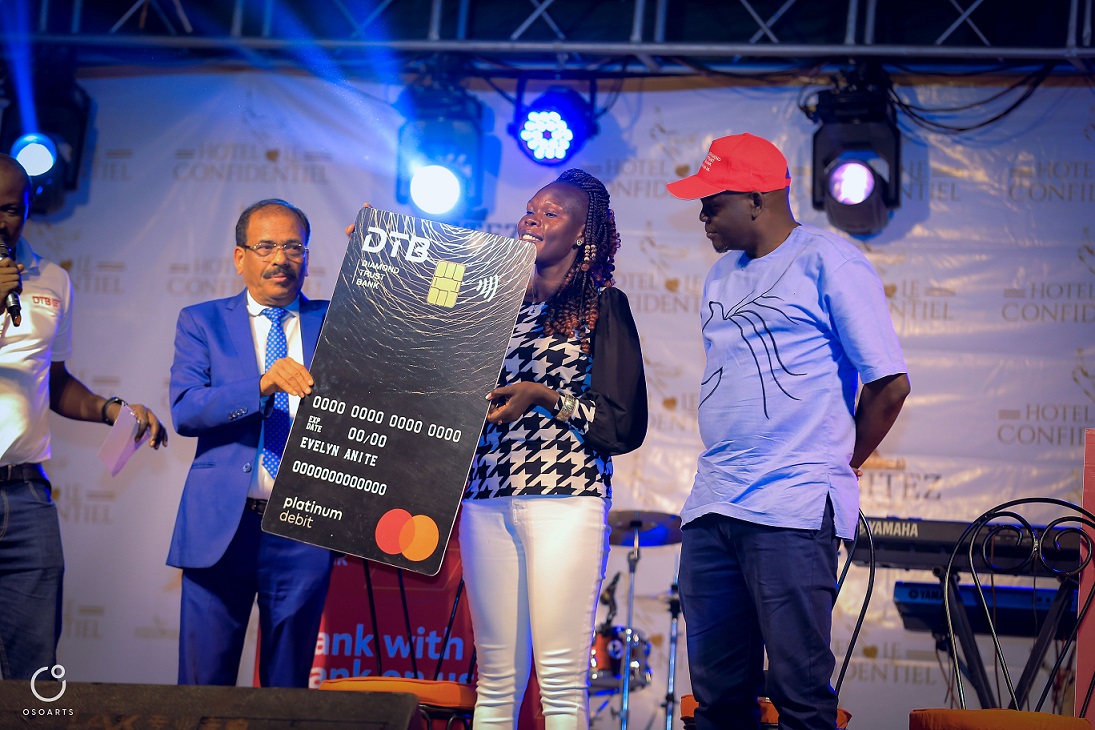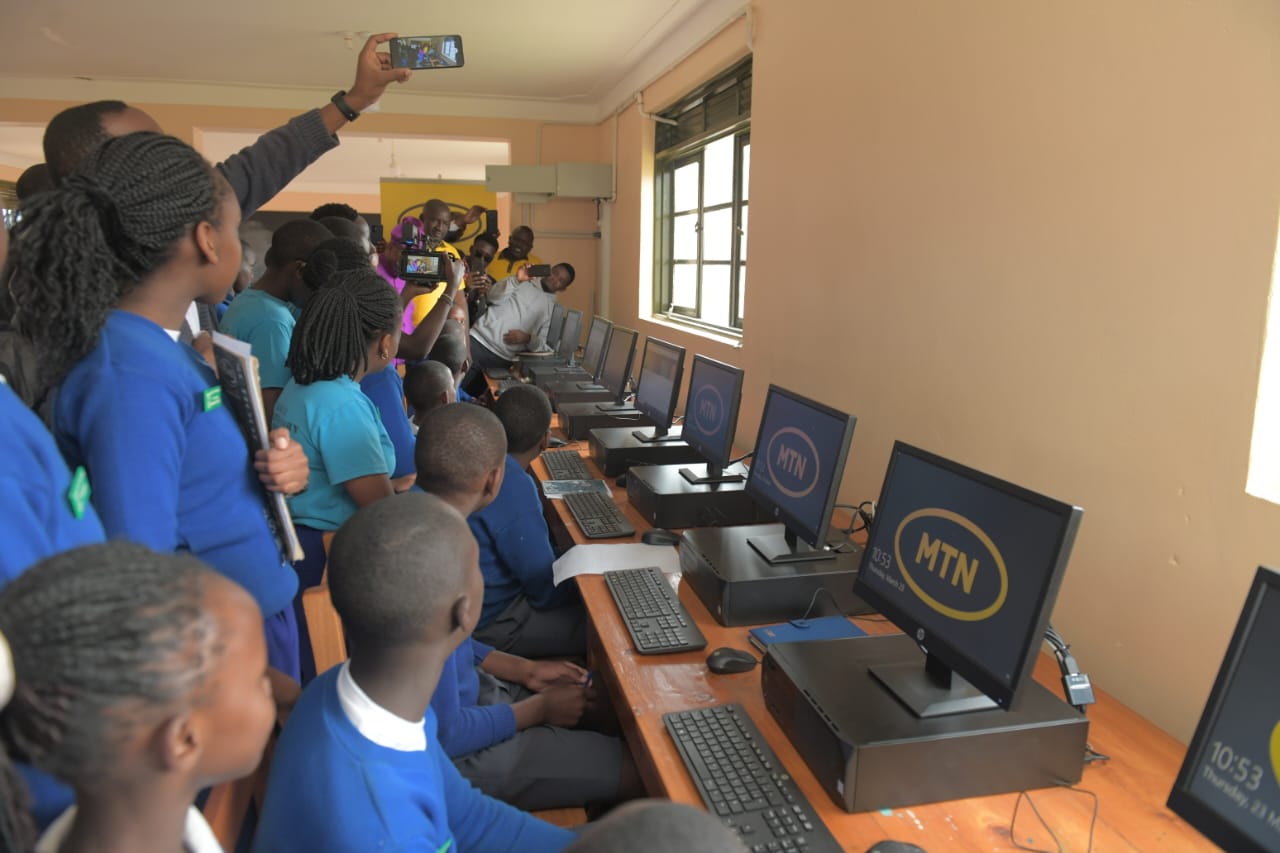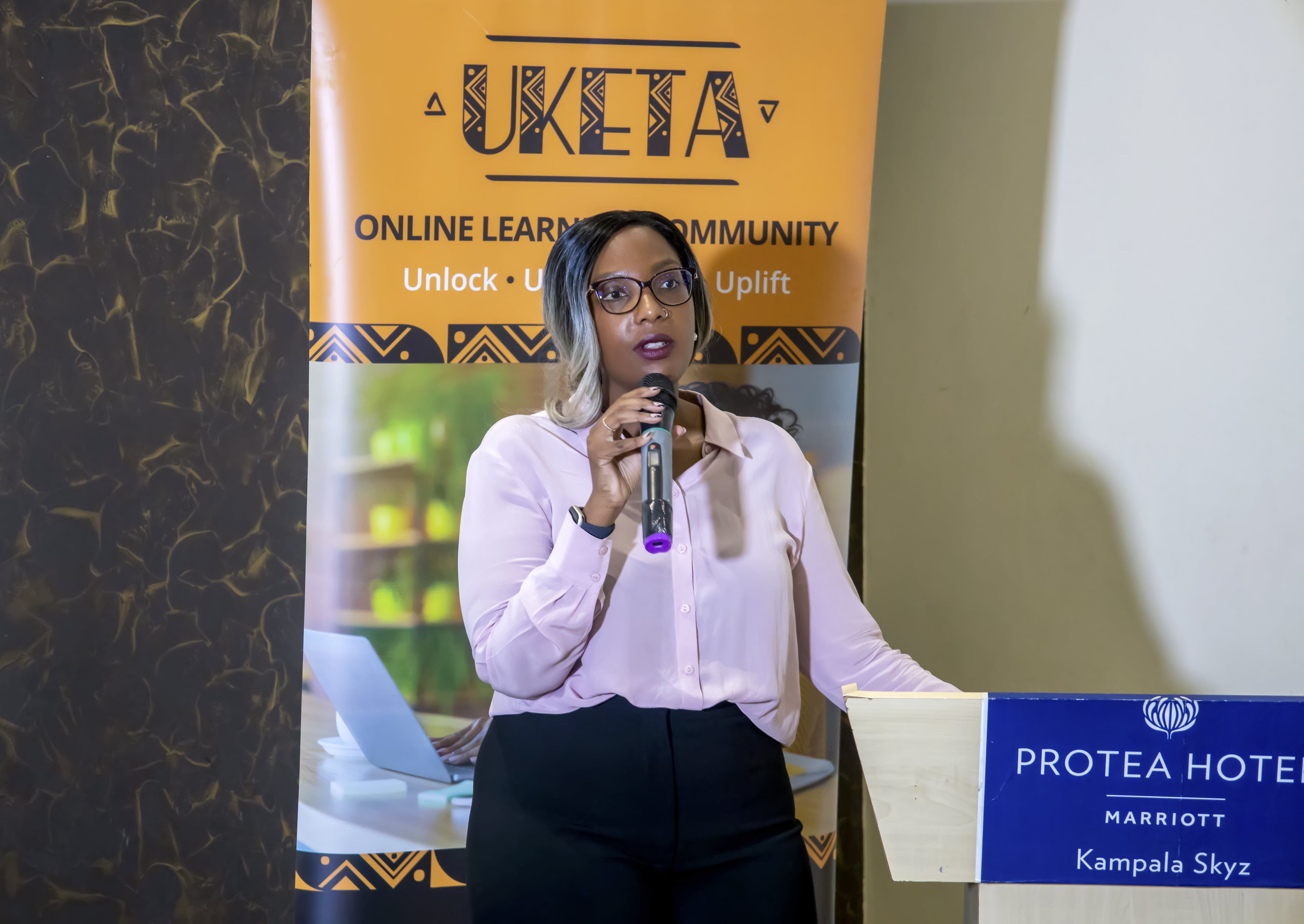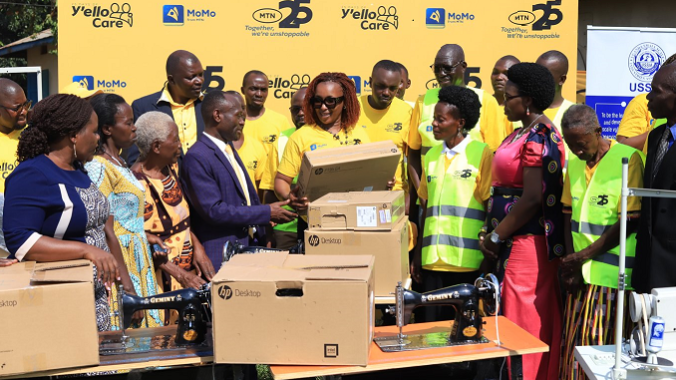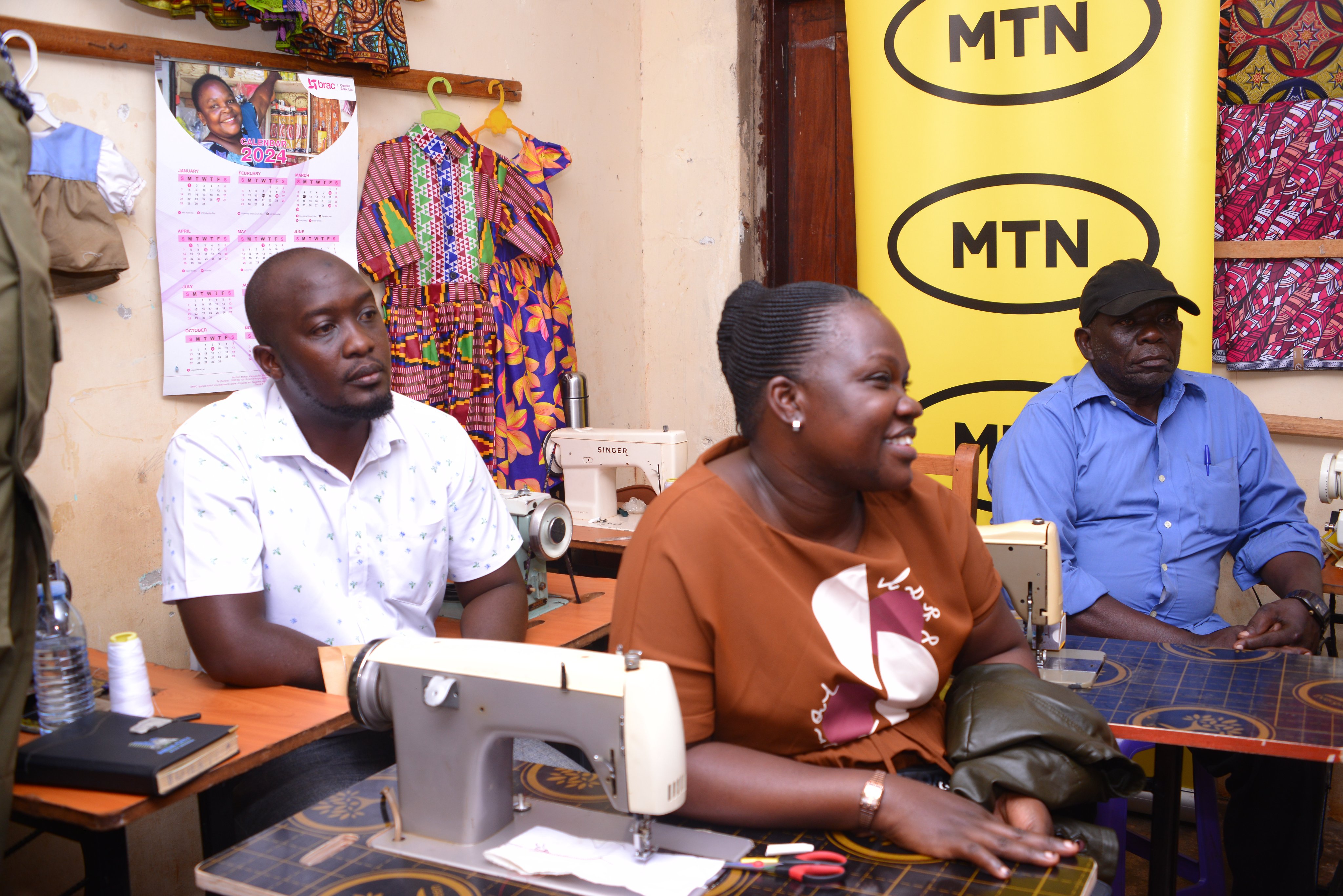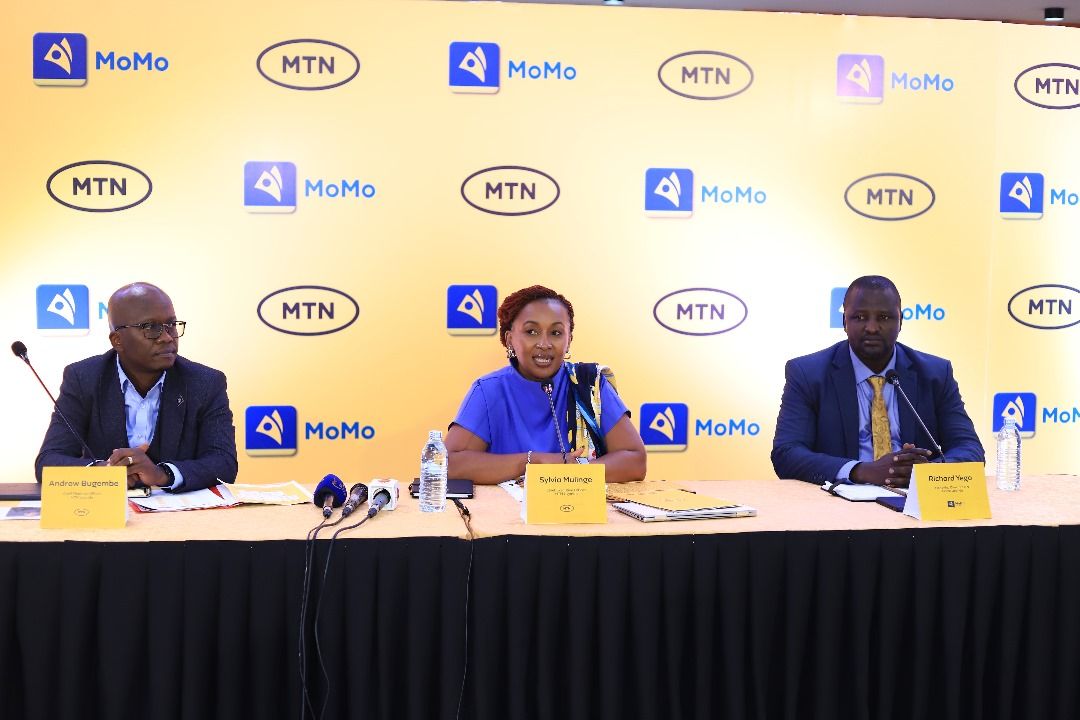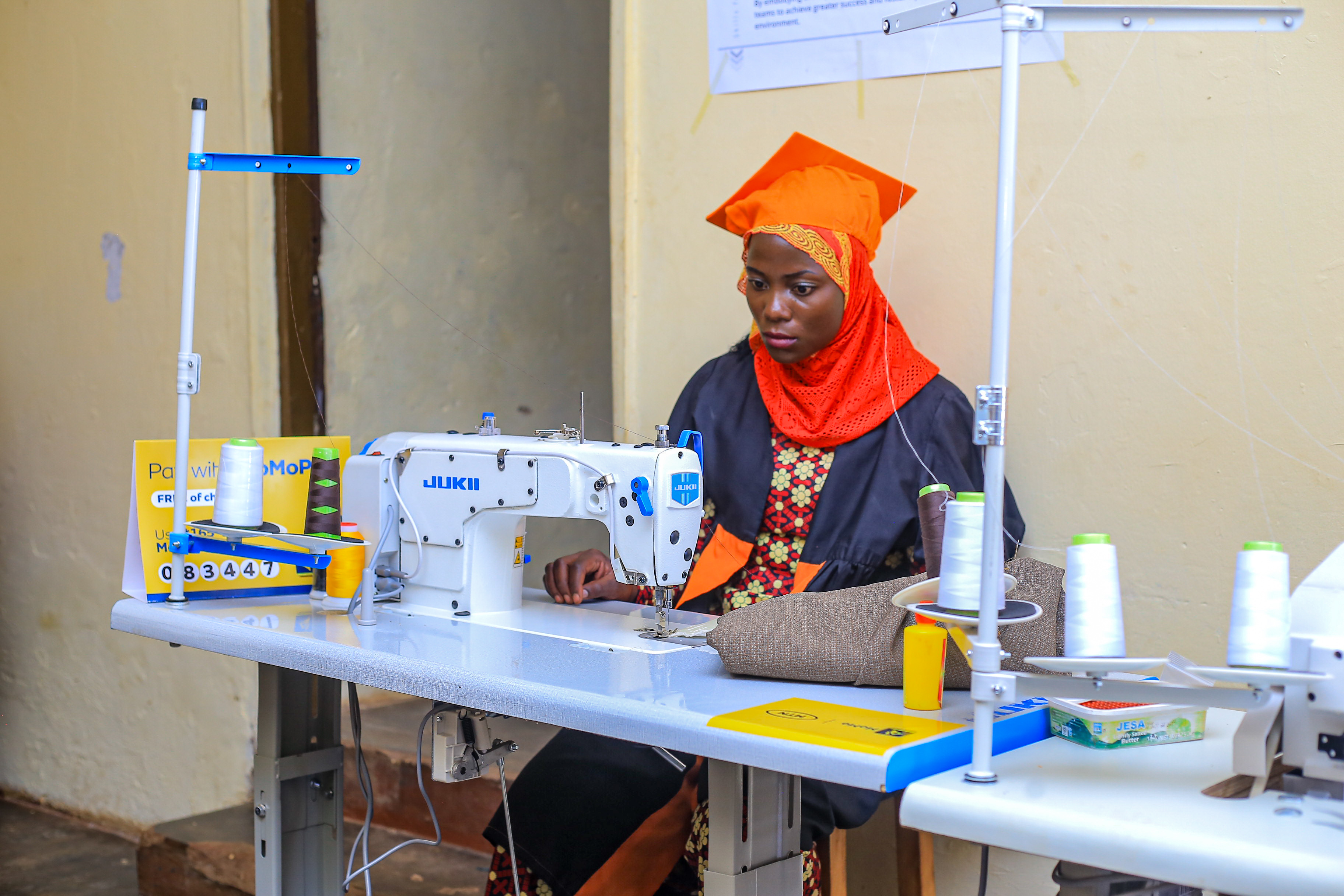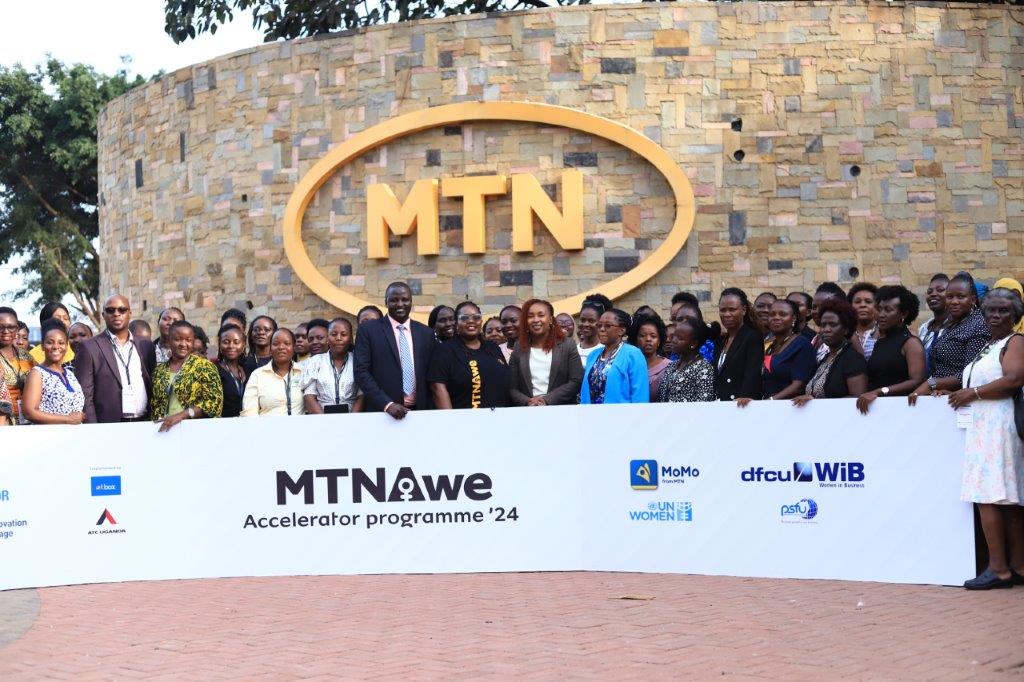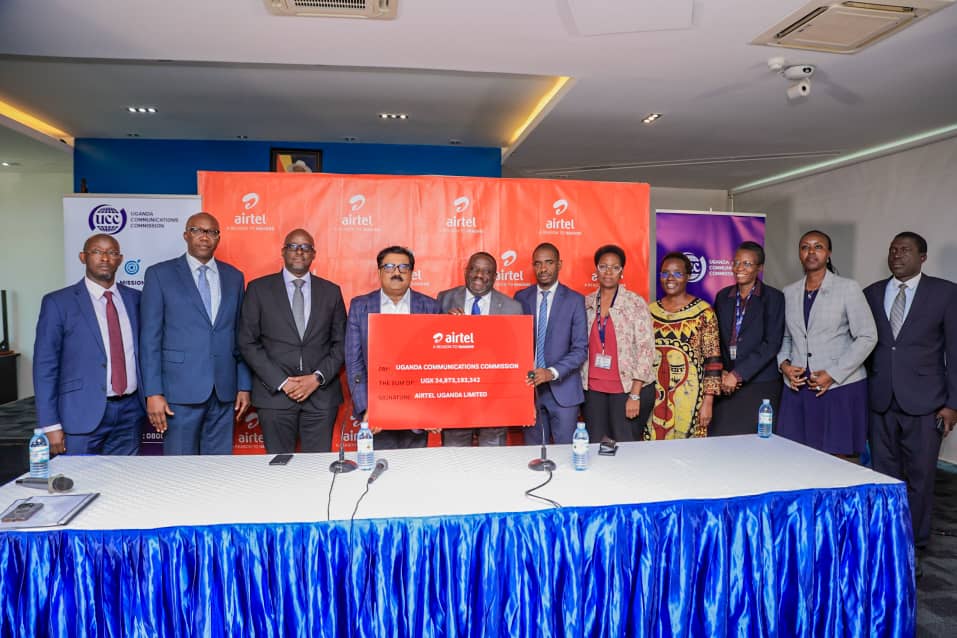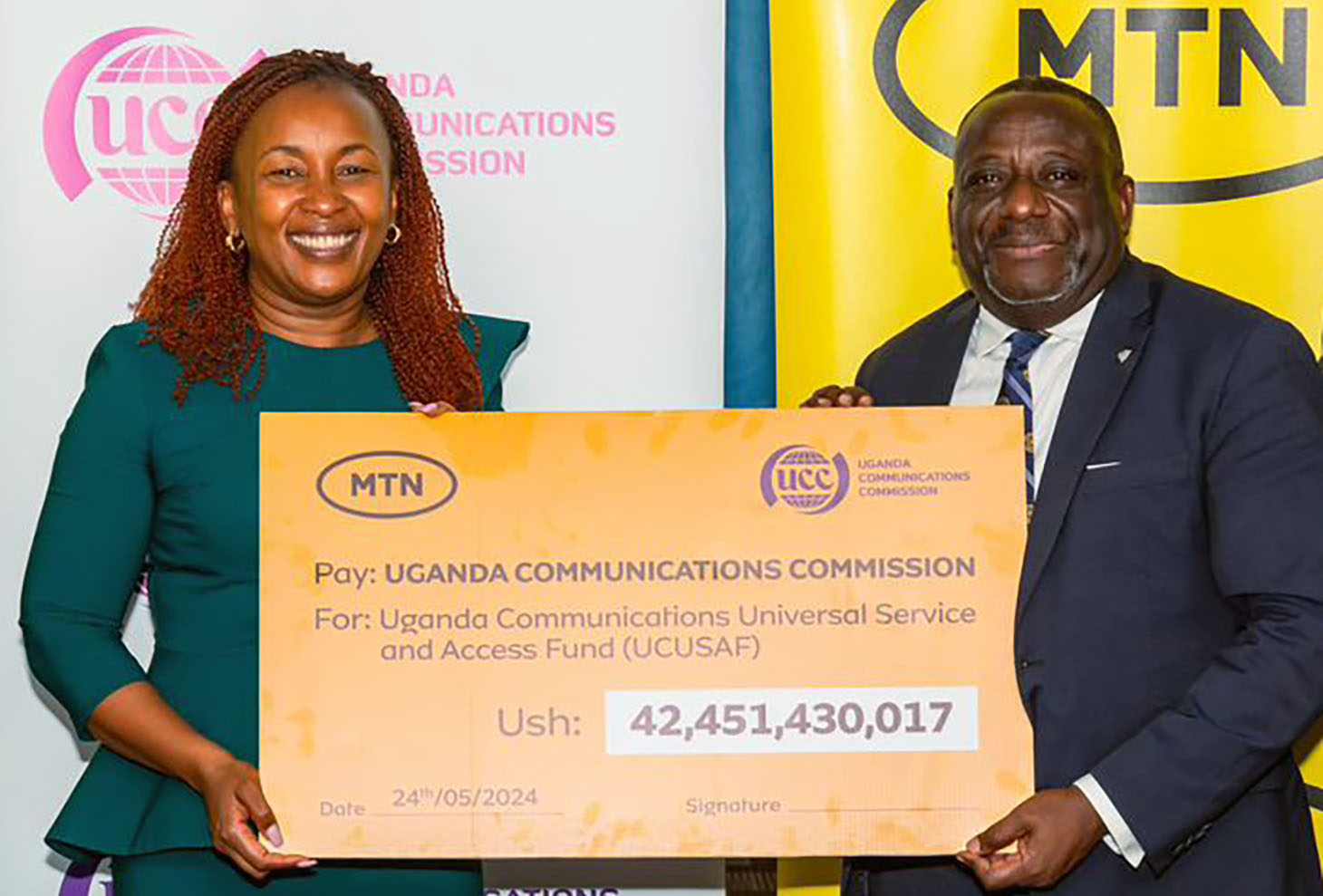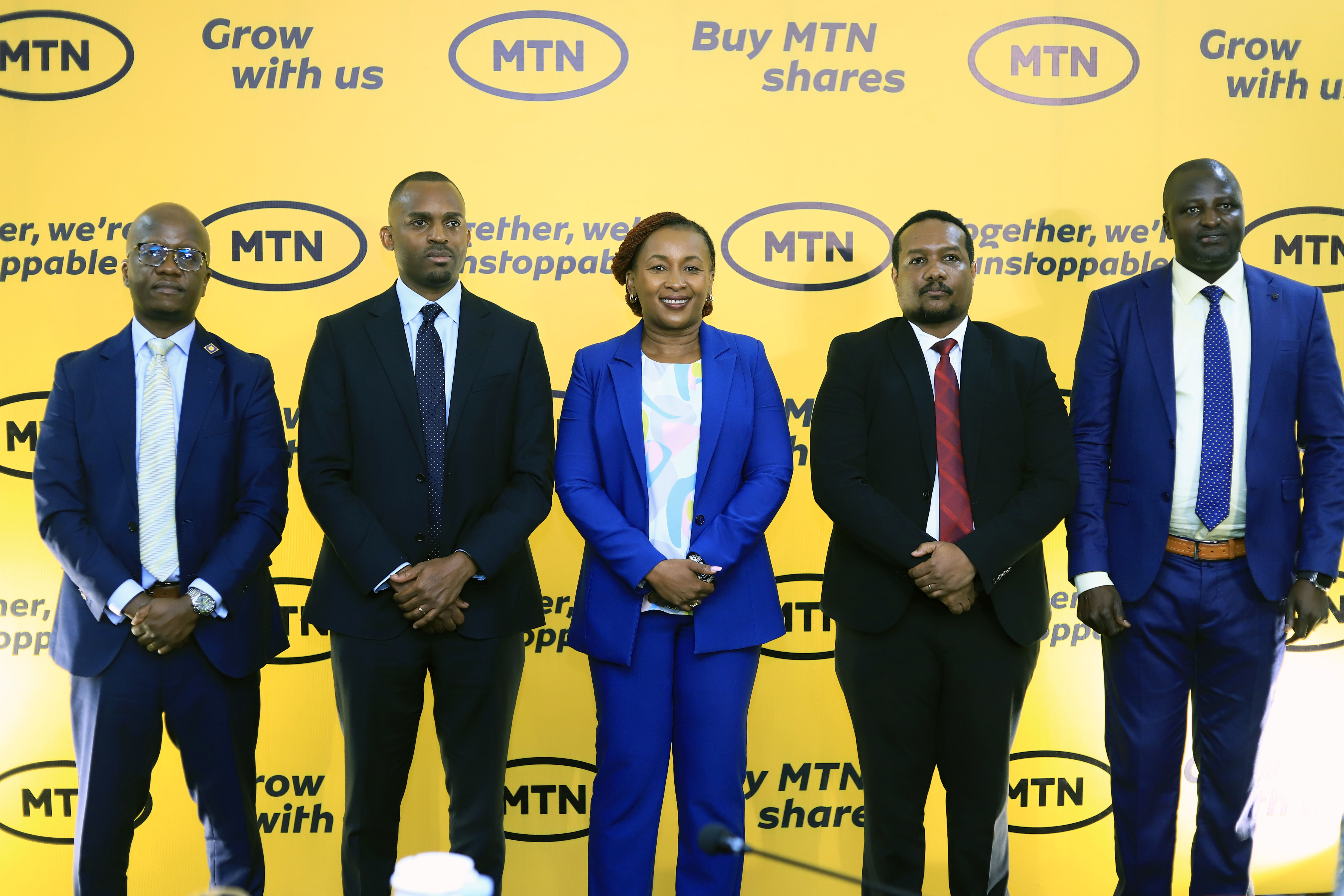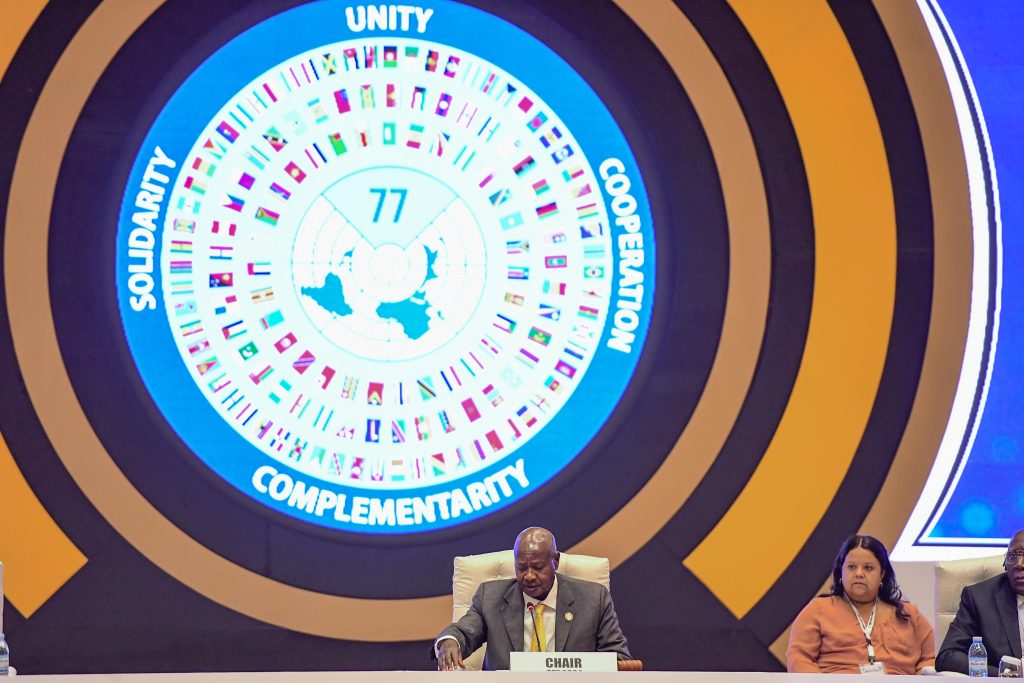Inside MTN Uganda's transition to a tech firm

Ali Monzer is the Chief Technical Information Officer at MTN Uganda
MTN Uganda, like most telecom companies around the world, has recorded rapid transformation in its operations, customer experience and development of various products and services aimed at responding to evolving consumer needs.
From voice calls to SMS services and internet to mobile financial services, MTN Uganda has spurred a paradigm shift in how we connect with people as well as do business, creating great social and economic impacts on the communities and Uganda's economy.
In addition to the evolving consumer needs, the digital transformation of countless industries, sectors and government processes, has also compelled the telecom company to reposition its business model to take the lead in driving digital solutions for the progress of the country.
- The demand for this was highlighted by the COVID-19 pandemic where we witnessed a heavy reliance on technology and digital solution for everyday life and business activities including e-Commerce, e-Education and e-Health as a must-have at a time when everyone was grounded.
MTN Uganda acknowledges the fact that although the voice is still growing and posting good profits, creating a huge impact on the people and communities and ensuring that everyone enjoys the benefits of a modern connected life requires the provision of products and services far beyond that of a telecom.
To achieve this, the company is implementing Ambition 2025 concentrating on five growth platforms: fintech solutions, digital services, enterprise services, network as a service and the application programming interface marketplace.
- This is aimed at accelerating digital disruptions within financial services, payments, remittances, lending, insurance and e-Commerce.
The potential market for these areas remains immense: less than 50% of the country's population remains unbanked and the majority of the population still prefers cash payments.
Also, though the percentage of adults that were formally included rose from 28% in 2009 to 58% in 2018 as quoted by the Ministry of Finance, Planning and Economic Development, this figure is still too low.
Uganda too also lags behind its neighbours in mobilising long-term savings and allocating these savings to private sector investment. For instance, in 2019 bank deposits in Uganda were the equivalent of 16.3% of GDP, compared to Kenya's 36.6%. Insurance penetration stood at 0.72% in Uganda compared to 3% in Kenya.
Similarly, internet access stands at around 52%. This is lower than Rwanda's 60% and Kenya's 112% in the East African region. The low internet penetration in this market is attributed to the high cost of internet and smartphones as well as inadequate infrastructure, especially in remote and rural areas. Of course this same situation plays out across sub-Saharan Africa.
- It is on this basis that MTN Uganda, in line with the MTN Group, is now focusing on platforms and partnerships as the best option to increase digitalization going into the future. We have an ongoing effort to better integrate our service portfolios such as connectivity, Internet of Things and 5G among others which involves platforms with open interfaces to external parties to accelerate digitalization. We strongly believe that the future now lies in digitalization to improve people's lives and help countries achieve faster economic transformations.
- Strong actions needed: But to achieve this dream, various stakeholders including the government will need to take some bold decisions. MTN Uganda acknowledges the fact that the government has provided a favourable regulatory environment to facilitate the growth of the ICT sector. The National Broad Band Policy 2018 and the National Payment Systems Act 2020 have enabled telecom companies and other digital companies to come up with numerous products and services beneficial to the population and the economy.
However, more measures need to be put in place to address other pressing challenges such as high taxation on devices and the internet, limited spectrum, cyber security and gender disparity that could deny consumers of more benefits of digitalization at the time the entire world is on a digital transformation.
For instance, MTN Uganda is currently investing US$300million in the network expansion countrywide including the rollout of 5G and fibre optic but there's a need for the government to come up with measures that will stir uptake of internet-enabled devices such as smartphones to increase usage and drive down the cost of internet. Increased internet will increase economic activities in various sectors and thus more income to the population and more tax revenue collections to the government in the future.
As such, opportunities for inclusive connectivity still exist as long as there are more efforts towards increasing digital skills literacy, access to devices, continuous improvement in the fiscal and regulatory environment and there's consumer trust for the innovations.



